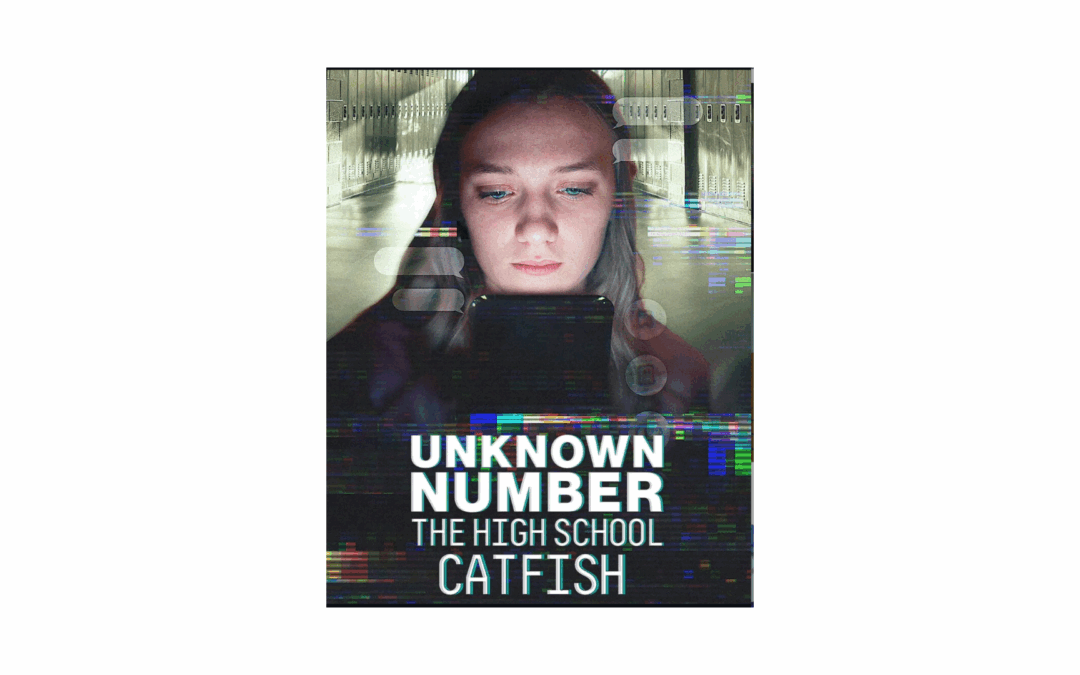What the Case Shows
Unknown Number: The High School Catfish (Netflix, 2025) is a powerful documentary based on
a chilling true story from Beal City, Michigan. It follows two 13-year-old classmates, Lauryn
Licari and Owen McKenny, who begin receiving relentless, harassing messages from an
anonymous texter. The texts include threats, emotional manipulation, and pressure to self-harm.
As the community turns suspicious of classmates and friends, the shocking truth emerges: the
person behind the months-long cyberbullying campaign was Lauryn’s own mother.
This case exposes the disturbing reach of sextortion, grooming, and psychological
abuse.Sometimes even from within a child’s inner circle.
Key Findings
● Anonymous Threats via Spoofing Apps: The harasser used apps to send anonymous texts
from fake numbers, manipulating teens into fear and confusion.
● Psychological Trauma: Victims showed signs of severe anxiety, emotional distress, and loss
of trust, particularly when the offender turned out to be a trusted adult.
● False Accusations & Social Fallout: Innocent students were wrongly accused, highlighting
how cyber cases can lead to broken friendships and lasting emotional scars.
● Betrayal from Trusted Figures: The case reveals that cyberbullying doesn’t always come
from strangers. Sometimes, it’s the people closest to the victims.
● Delayed Justice: After months of trauma, the perpetrator : Kendra Licari, was sentenced to
prison in 2023. She was released on parole in August 2024.
Recent News & Developments
● Netflix Documentary Goes Viral: The release of Unknown Number in 2025 reignited global
conversations about cyberbullying, parental abuse, and digital safety in schools. The
documentary has topped charts and sparked emotional responses from viewers worldwide.
● Victims Speak Out: Lauryn, now in college studying criminology, speaks publicly about
trauma, healing, and the need for digital safety. Owen continues to live in Michigan, while Khloe
Wilson, wrongly accused early in the case also opens up about the emotional toll of false
suspicion.
● Legal & Social Response: The case led to debates about whether laws and schools are truly
prepared to detect sophisticated cyber abuse tactics like spoofing and catfishing. It also pushed
conversations about parental monitoring, not just of children, but by adults themselves.
Why This Matters
This story is a tragic but essential reminder that cyberbullying can take many forms, and not all
of them are visible. It also shows that sextortion and manipulation can come from within
families, making awareness and digital literacy even more critical.
Online abuse can have deep psychological effects, including anxiety, trauma, and identity loss.
The documentary emphasizes the importance of digital empathy, safe online spaces, and real-
time intervention tools, all central to CyberSafely Foundation’s mission.
What Parents and Educators Can Do
● Start the Conversation Early: Ask kids how they feel online, not just what they do.
● Watch for Signs of Anxiety: Withdrawal, screen obsession, or secrecy can signal distress.
● Use Digital Tools Wisely: Apps like CyberSafely Keyboard help monitor typed messages
and alert parents in real time before harm escalates.
● Teach Healthy Boundaries: Help teens understand emotional manipulation, even from
people they trust.
● Report & Document Harassment: Always keep records and report suspicious behavior
immediately.
Final Thought
Children don’t just need protection, they need support, trust, and a watchful, caring digital
village. Let’s be that village together.
And let this documentary serve as more than a cautionary tale. Let it be a wake-up call, that
real safety begins not only with tech, but with compassion, conversations, and showing up when
it matters most.

